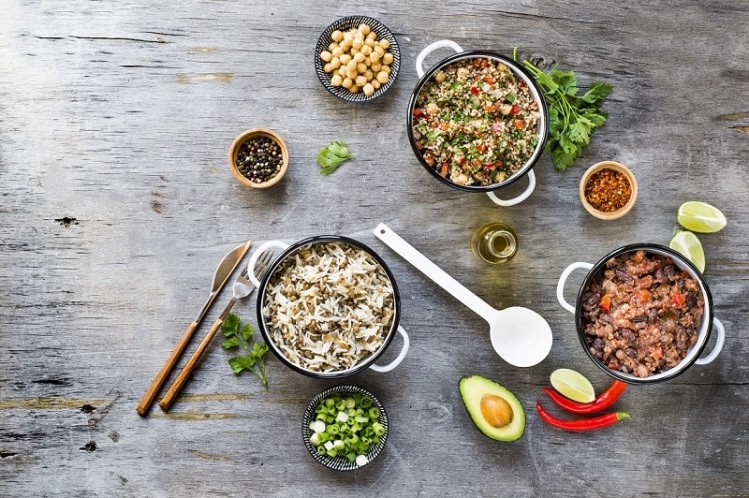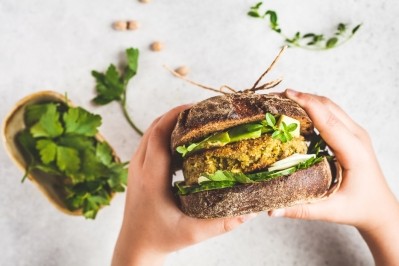Supplier spots opportunity for healthier ready meals

The Israel-based global tomato and citrus powders manufacturer has launched a line of dry, ready-to-eat (RTE) pulses and grains for instant meals and soups to fill the demand for a quick, nutritious meal at home or on-the-go. It is targeting ‘the unmet needs’ of established food companies, diet-meals start-ups, and emerging brands.
According to the Israeli company, its range of pulses and grains do not lose their nutritional value when compared to home cooked pulses. Moreover, since they are frozen immediately after cooking, they retain their nutrition values even more. “The nutritional content of pulses that are cooked at home tend to degrade when store for several hours or a day at the refrigerator,” we were told.
It added the range is “ideal for developers creating plant-based ready-meals containing healthful legumes and grains is to showcase them in their wholesome complete forms”.
The company said it was driven to launch the range after witnessing that most pre-cooked legumes and grains tend to undergo long, multi-step preparation that leaves them overcooked and looking smashed, leaving instant-meal manufacturers often resorting to offering noodles or pastas instead.
“Our RTE precooked pulses and grains can easily be integrated into any instant hotpot, saving time and labor for both food companies and consumers, taking the instant meal concept to new heights,” said Moran Avni, VP of Business Development of Cham Foods. “Whether opting for lentils or quinoa, the pulses look like they were cooked ‘just now’, taste good, and contain their full nutritional value. All that’s needed is to add hot water and wait one to five minutes.”
Ready-to-eat market ripe for innovation
Innova Market Insights reports an 11% average annual growth in launches of ready-to-eat meals and soups (RTEs) featuring a vegan or vegetarian or plant-based or clean-label claim. The research group has also noted 33% growth in global ready meals and soups launches featuring a clean-label claim in 2019, with 15% of global ready meals and soups launched featuring a vegan claim and 14% of global ready meals and soups launches featuring a vegetarian claim in that year.
Cham Foods said that consumers increasingly seek quick ready-to-eat options. However, it claimed that too often vegetarians and vegans end up in a trade-off between “on-the-go” eating and healthy eating. RTE makers recognize this challenge, it said, especially when it comes to traditionally slow-cooked foods such as pulses and whole grains — the primary, ideal sources of vegetarian protein.
“The gap between consumers’ desire to eat wholesome, better-for-you foods and the ready meals they actually eat is huge,” said Shay Shevi, CEO of Cham Foods. “Consumers perceive many dry RTE meals as cheap, unhealthy, or ‘artificial’. Our mission is to change this perception and bring innovation to the table. This is especially crucial during these times, with fewer people dining out which has led to high demand for hot, wholesome meals that are easy to access.”
How it’s done
Cham Foods explained that it combines ‘traditional methods with sophisticated technologies’ to overcome the challenges in crafting freeze-dried prepared ingredients in order to preserve their nutritional value. It said this method maintains the same textures and flavours of freshly made whole grains and legumes.
“Simply add hot water and they’re ready for consumption in minutes,” it said. “Cham’s advanced freeze-drying and pre-drying processes effectively keep the products closest to fresh, without added ingredients. They enjoy a long shelf life at ambient temperatures. The end product is about 30% of its original weight, and retains the original colour, shape, flavour, and nutritional value far better than with any other drying method.”














